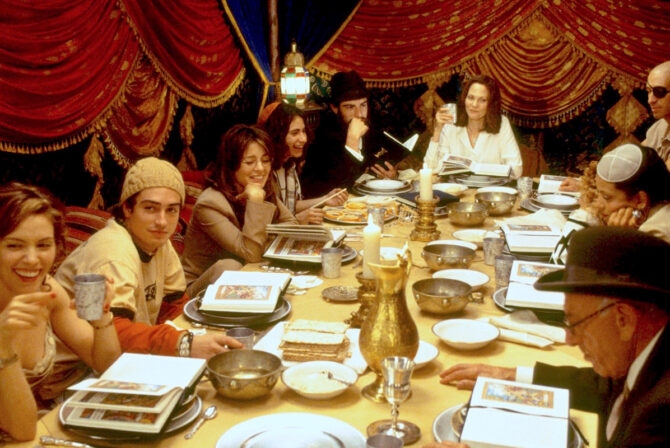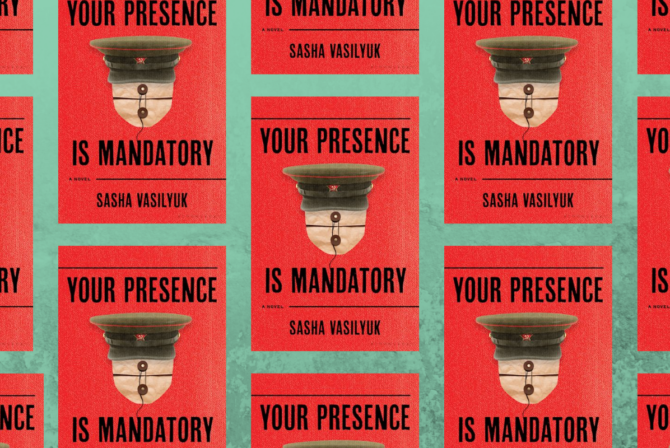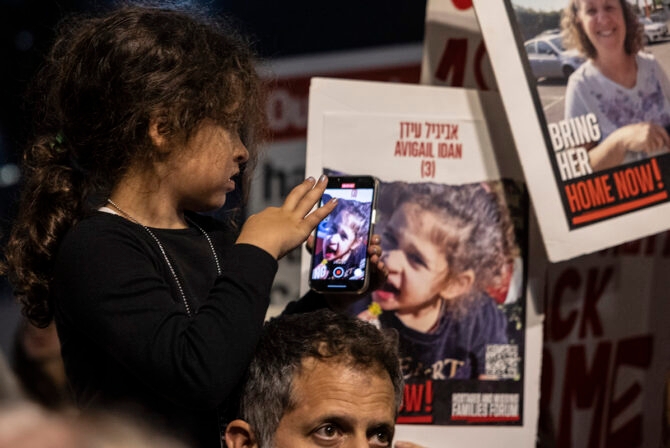This article is part of the Here. Now. essay series, which seeks to de-stigmatize mental health treatment, and improve accessibility to treatment and support for teens and parents in metropolitan New York.
It was like this…
I was raised in an Orthodox home. My family lived in a 95% Christian neighborhood on Chicago’s South Side. I was a pretty rebellious middle schooler, and by the time I reached high school, I was fighting back in the only way I knew how—having sex with a Catholic boy. I became pregnant at 16. The only choice my parents felt they had was to throw me out of the house.
Some time passed. My daughter was born, and she was a beautiful gift. I went to school, trudged to work, and eventually my parents and I reconciled. But deep down I still felt like I deserved punishment.
These were the heady early days of journalism for women writers. I walked into one of the community newspapers and immediately got a job as a reporter. When my daughter turned 4 she and I moved to Chicago’s Hyde Park neighborhood, and at 22, I was named the editor of the Hyde Park Herald newspaper. I enrolled my daughter at the Jewish Community Center and went to a job I loved.
A staff member asked if I’d consider interviewing the new executive director of the Hyde Park JCC. I read his bio. Yale educated, good looking, great job. Jewish. He asked me out to dinner. Perhaps this was a way to make peace with my self-diagnosed bad girl. We became engaged after a few months.
The day before the wedding, Larry was upset that I was on the phone for a long time with my best friend. I chalked it up to nerves when he found an antique cup she had given me and smashed it against a wall. We had a big Jewish wedding in late October. We’d barely known each other a year.
I was recruited by a local hospital for a position as their communications director. With Larry’s encouragement, I left my beloved newspaper job and changed careers. I made a larger salary and listened when he told me that since I’d never had to manage this much money before, I should turn my paycheck over to him.
I had no funds except for a meager allowance from him. I stopped seeing friends, came home right from the office, and did what I could to please my husband. I questioned my sanity, but was too insecure to do anything about it.
He began complaining about his job. He alienated people, and community leaders with whom I had been close were calling for his removal. One of his mentors suggested the time was right to leave. There was a job opening in Tulsa, Oklahoma to head the JCC there. Within a few weeks, the job was his.
We left Chicago and the life I’d always known. No friends, no job, separated from my family, with no money of my own, I went to Oklahoma. My isolation was now complete. Meanwhile, he was named Executive Director of the Tulsa JCC and Assistant Director of the Jewish Federation. He was a big deal.
The next eight years have turned into one long nightmarish memory. We got to Tulsa and I was restless. I wanted a job outside the home. My urge to go back to work was met with approval, and within two months I’d found a perfect position with the Red Cross. I started to write for local magazines and the newspaper. I was feeling better.
Things were OK for a while, and then Larry began collecting my paycheck again. His temper was hot, and he began drinking. Nothing I did was right. He berated me constantly about my looks, my intelligence, my ability to be a “good Jewish wife.” Meanwhile, on the outside, he was a leader in the Jewish community. Who would believe a word I said? Jewish men weren’t abusers, and middle class women weren’t abused.
It’s hard to remember when it got worse. It might have been when I resisted handing over my paycheck for the first time, or when the phone kept ringing because I’d won an award for my newspaper column. The pouting and drinking grew with any outside recognition I received.
So I started withholding information, sharing only those items that I knew would gain Larry’s approval. A raise would do that. Or another freelance job. I signed my checks over to him. I didn’t know how to use a checkbook.
I can’t remember the first time Larry hit me. At first, the aggression was confined to pushing and verbal abuse. If I saved my allowance and bought a new dress, he would complain about how badly it fit or how ghastly the color was. Nothing I did was right. Logic says anyone with any self-respect would have left, but my self-respect was in shreds. I felt there was nowhere to turn.
It went on this way for years. I covered my wounds with long sleeves and long pants. Larry once again lost his job. He had been drinking constantly by this time, and while I was in Atlanta receiving an award for my work at Red Cross, he was arrested for drunk driving. I remember it was close to the High Holidays that year, and he locked me in the house, hitting me and forbidding me to go to synagogue.
This is where you come in.
My life was saved because a friend noticed. I thought I had developed a pattern of camouflage to disguise my pain from the outside world. The night I finally left, I called that friend and asked if my child could spend the night. Mercifully, my husband had never abused my daughter.
My friend started questioning me: Why wasn’t I letting anyone into the house? How come I was always wearing long sleeves? Why was I always so secretive about Larry? And then she asked the important question.
“You’re being hurt, aren’t you? Can I help you?”
I told her I was in a bad situation that was getting worse.
I promised that if she let my daughter spend the night at her house, I would sleep in my daughter’s room with a phone nearby. When I arrived home from work, Larry was drunk. I turned on the oven to heat a frozen dinner. He grabbed me by the hair and threw me to the kitchen floor, kicking me as I tried to crawl away. I prayed for my life. I prayed that there would be a sign that someone cared about me. I promised that if my life was spared, I would do what I could to help other women in the same situation.
Larry wouldn’t let up, finally grabbing my arms and sticking them in the oven, burning them on the rack. I fell screaming. He kicked me again, stormed into the bedroom, and soon passed out from the alcohol. I found my way to the bathroom and put salve on my arms. So drained I could barely move, I crawled into the guest room and fell asleep on the floor. A few hours later I heard pounding on the front door. It was a police officer and my friend. She had tried to call, but I hadn’t heard the phone.
She cared. Suddenly, I cared too. Here was my sign. I walked outside and into her waiting arms.
She said we could stay with them for a while. They lent us money until I received my next paycheck, the first one I could use to finally establish my own checking account. I was issued a lifetime protective order. Larry was required to stay away from my daughter and me.
Larry has died. In some ways, it was his final strike at me. I’d spent years living in fear of him, and he wasn’t even alive. Since I heard that news, I made good on my promise that if my life was spared, I would do what I could to help other women in the same situation.
And so this October, Domestic Violence Awareness Month, I urge you to look for the signs and be a friend. Through the years since I made good on my promise, I have helped hundreds of women leave their abuser. On October 30 this year I am getting an award from the Montgomery County Family Justice Center for my work as an advocate.
It’s high praise, but I like to think that the highest praise you can give someone is this….
A number of years ago, I was back in Oklahoma and visited my friend. We talked, laughed, and caught up on our lives. As I was leaving, I turned and met her eyes.
“Thanks,” I said. “Thanks for saving our lives.”
My wish is that someone can say that to you.
The following are common warning signs of domestic abuse: Extreme jealousy or insecurity; constant belittling or put-downs; explosive temper; isolation from family and friends; making false accusations; erratic mood swings; physically inflicting pain or hurt in any way; possessiveness; telling someone what to do; repeatedly pressuring someone to have sex. Check out the National Domestic Violence Hotline for information and resources.

This post is part of the Here.Now series, which seeks to destigmatize mental health,
and is made possible by UJA-Federation of New York and The Jewish Board.
You can find other educational mental health resources here.
Read More:
Bracing Myself Against My Son’s Severe Mental Illness
Why I Don’t Want My Children to Grow Up in a Safe Space
Orthodox Women Take On ‘Vagina Monologues’ & Make it Their Own







